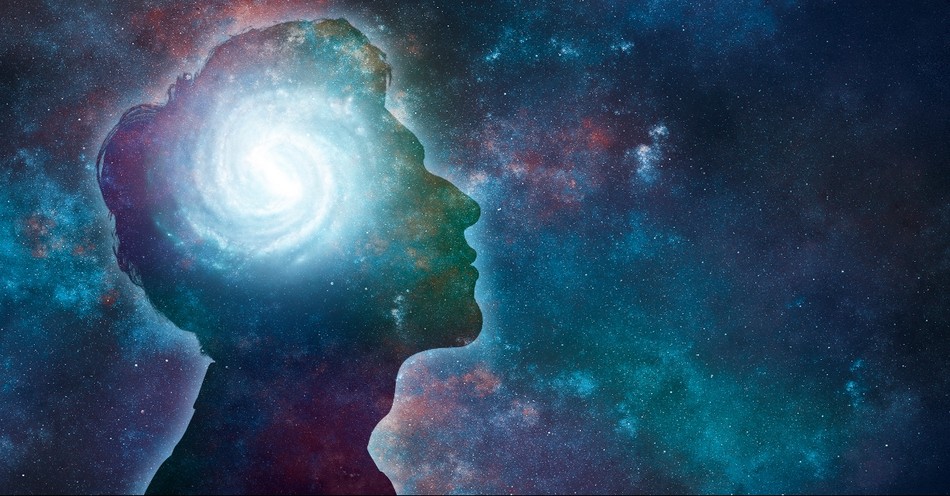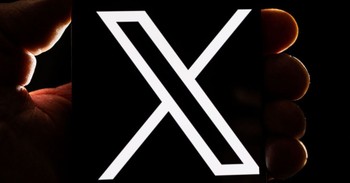The world is far more complex than we give it credit for. From galaxies to microscopic organisms, everything in nature appears to be complex, finely tuned, and, dare I say it, designed.
Meet the Intelligent Design theory. Although complex and difficult to define at times, as professor and apologist William Lane Craig establishes a rather lengthy definition, Intelligent Design (ID) suggests that the complexity of the world points to a Creator. That none of this could have happened by chance.
One of the most famous documentation of ID theory is through the work of a man named Michael J. Behe. He often shows in his academic articles and books how Darwinism, especially non-theistic Darwinism, fails to account for the irreducible complexity we see in the natural world.
Let’s dive into the upsides and flaws of this theory and explore if the Bible has anything to say about ID.
The Upsides to Intelligent Design
As mentioned in this article, we do need to make a distinction between Intelligent Design and Creationism. Not everyone who believes in ID believes in God, let alone the God of the Bible.
Nevertheless, this theory has a number of positive points.
First, the theory appears to account for the fine-tuning of the universe. In other words, if we were to alter the earth’s conditions just slightly, we could end up roasted alive or freezing. And that’s just one factor: The position of the earth relative to the sun.
Think of the hundreds (if not thousands) of other components that make life on this planet possible. It almost seems as though it’s purposeful that we wound up on the third rock away from the sun, in one of the few life-sustaining places in the universe.
Second, the theory has strengths in its assertions about irreducible complexity. Similar to the fine-tuning argument, if you altered just something small at the molecular level, such as the function of one of the parts of a cell, life would break down.
Third, and more teleological, if a Creator exists, that means that Creator intentionally created the universe for some purpose. Therefore, we have an innate telos (purpose). We don’t have to go out and create meaning in a seemingly meaningless life if an Intelligent Designer put thought into his creation, we have something that justifies our very existence.
Cons of Intelligent Design
Nevertheless, we do receive some pushback from this theory, especially for those who assert Darwin’s Theory of Evolution. Those who align with the opposite view assert that Intelligent Design theory ignores some obvious evidence that points to evolution.
Furthermore, those who argue against ID say it mischaracterizes biological processes such as mutations and labels them as components of an irreducibly complex organism.
Finally, those who argue for Darwinism say ID fails in describing specifics about a Creator and is ultimately untestable. Although proposed as a scientific theory, without the ability to test out this theory, we may not be able to put this under the label of science.
What Does the Bible Say about Intelligent Design?
Although no specific verse says, “Believe in the Intelligent Design theory,” Scripture offers plenty of passages about how God created the world (Genesis 1, 2), and that God has introduced complexity into his creation (Romans 1:20; Psalm 19:1; Isaiah 48:13).
Christians and non-Christians can often think that science and faith are at odds with one another. Whether or not we can test ID or whether or not some form of evolutionary theory is true (such as theistic evolution), we cannot deny the complexity of this world.
Even if God were to operate via macro-evolution, he would’ve had to orchestrate the mutations and stages with a finely toothed comb. If one mutation went wrong, think about how different the world we are living in would be. Could we even survive, or even breathe, without a God who imbues the breath of life unto us?
In either case, whether a believer attests to ID or theistic evolution, we can see God’s handiwork clearly painted all around us. The creation points to a Creator.
What Does This Mean?
When faced with someone who does not align with your beliefs on how the world came to be, try to use ID as a point of discussion. Although they may not agree with ID proper, they might agree that whether macro-evolutionary processes are at play or not, that something about the world around us has an immense amount of creativity, complexity, and is fine-tuned.
From there, you can dive into the implications that something had to have had a hand in the process. Therefore, this being the case, moves us to the “why” question. Why did said thing create us? And for what purpose?
©iStock/Getty Images Plus/Tomwang112
Hope Bolinger is an acquisitions editor at End Game Press, book editor for hire, and the author of almost 30 books. More than 1500 of her works have been featured in various publications. Check out her books at hopebolinger.com for clean books in most genres, great for adults and kids. Check out her editing profile at Reedsy.com to find out about hiring her for your next book project.



